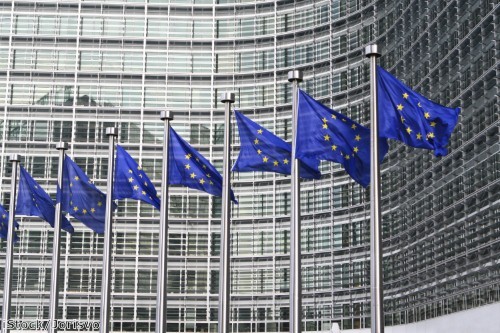Round-up of the week
Posted on 24th June 2016
UK votes to leave the EU
British voters have chosen to leave the European Union (EU) - albeit by a narrow margin of 52 per cent to 48 per cent.
The process of negotiating Britain's exit from the EU begins now and is expected to take about two years to complete.
The reaction on the financial markets led to the pound falling to its lowest level against the dollar since 1985.
Meanwhile, prime minister David Cameron, who campaigned for Britain to stay in the EU, has confirmed he will step down by October.
The referendum threw up some interesting regional variations, with Scotland, Northern Ireland and London all backing remaining in the international bloc.
Business community reacts to Brexit vote
Leading figures in the UK's business community have been quick to respond to the outcome of the vote.
The British Chambers of Commerce (BCC) stated that in the wake of this "historic" decision, market stability and political priorities are the immediate priorities at the moment.
Adam Marshall, acting director-general of the body, acknowledged that opinion among businesspeople on whether or not the UK should leave the EU has been divided.
However, he stressed that regardless of their views, all companies will expect "swift, decisive and coordinated action" from the government and the Bank of England to stabilise the markets "if trading conditions or the availability of capital change dramatically".
"Firms across the UK want an immediate and unambiguous statement from the prime minister on next steps, along with a clear timeline for the UK's exit from the European Union," Mr Marshall said.
"Business will also want to see a detailed plan to support the economy during the coming transition period - as confidence, investment, hiring and growth would all be deeply affected by a prolonged period of uncertainty."
Mr Marshall said this is necessary to maintain economic stability and give businesses answers to practical, real-world questions they may have about the transition.
The CBI, meanwhile, has described the referendum result as a "momentous turning point in our history".
Carolyn Fairbairn, director-general of the body, said: "The country has spoken and it’s for us all to listen."
She also stressed the need for "strong and calm leadership" from the government to shore up economic stability and confidence.
"Many businesses will be concerned and need time to assess the implications, but they are used to dealing with challenge and change and we should be confident they will adapt," Ms Fairbairn said.
Bank of England: Britain well prepared for Brexit
The Bank of England has insisted extensive contingency planning has been carried out with the Treasury ahead of the EU referendum.
Governor Mark Carney acknowledged there will be a period of uncertainty and adjustment following the result, and that it will take time for the UK to establish new relationships with Europe and the rest of the world.
However, Mr Carney said "We are well prepared for this. The Bank will not hesitate to take additional measures as required as those markets adjust and the UK economy moves forward.
"These adjustments will be supported by a resilient UK financial system - one that the Bank of England has consistently strengthened over the last seven years."
To discuss conditions in the labour market and operating environment further, speak to one of our experts here at The Maine Group!
